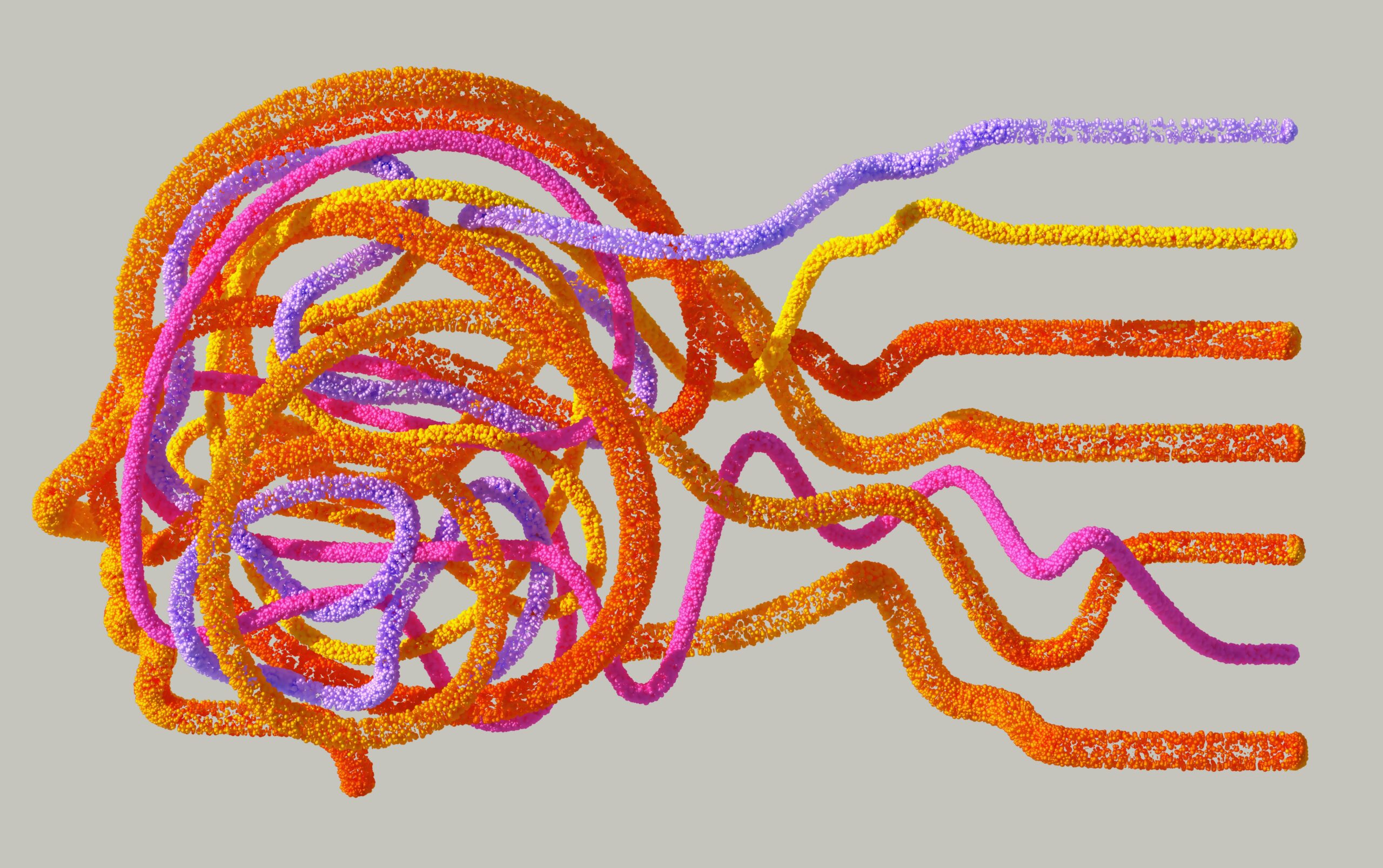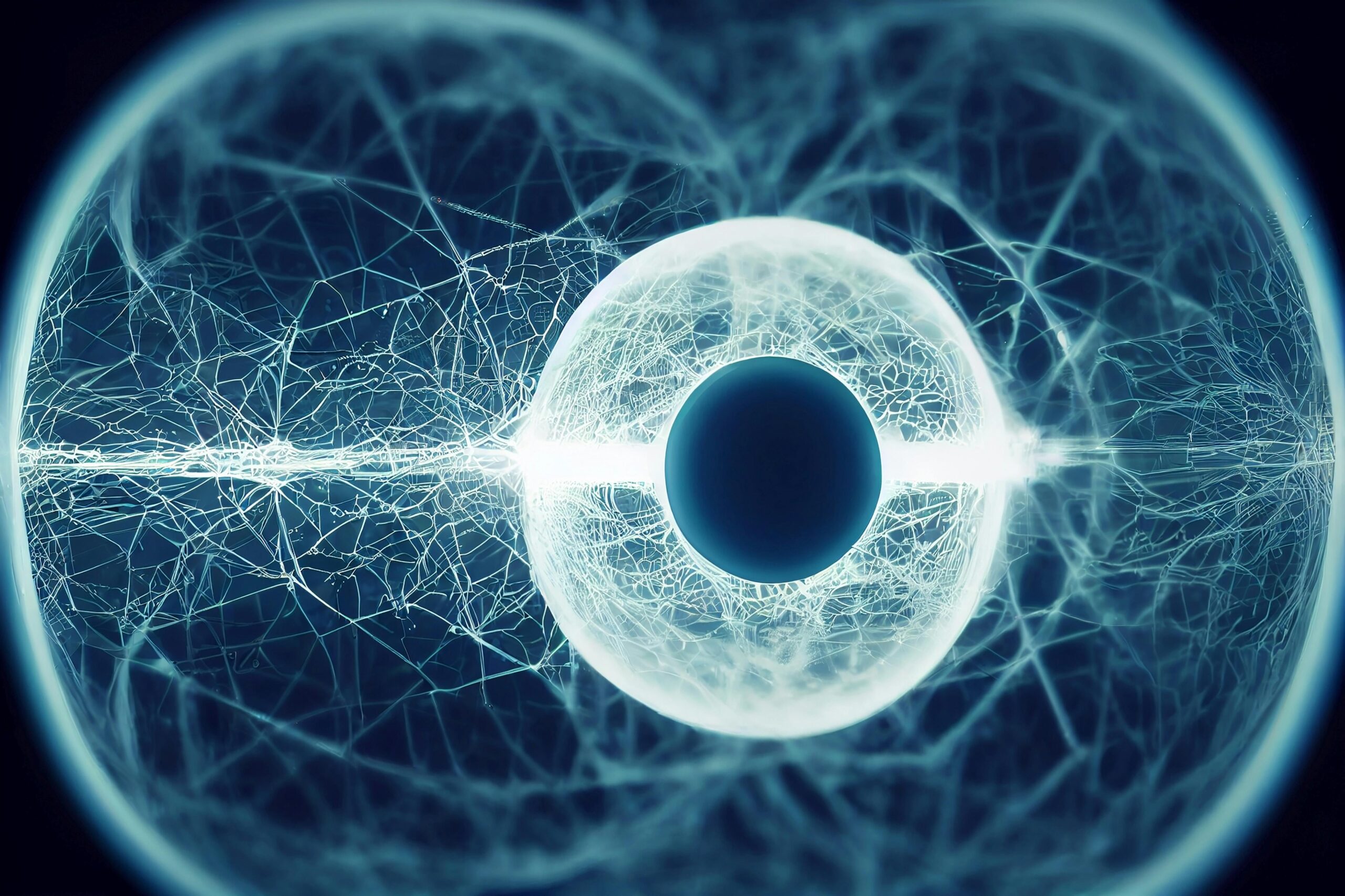The human brain, our most complex organ, holds extraordinary potential waiting to be unlocked. As technology advances at an unprecedented pace, we stand at the frontier of an era where enhancing cognitive abilities is no longer confined to science fiction but becoming tangible reality.
Brain enhancement technologies promise to revolutionize how we think, learn, and interact with the world around us. From pharmaceutical interventions to cutting-edge neurotechnology, these innovations raise profound questions about human potential, equality, and the very essence of what makes us human. The journey toward cognitive enhancement demands careful navigation through uncharted ethical territories.
🧠 The Landscape of Brain Enhancement Technologies
Brain enhancement technologies encompass a broad spectrum of interventions designed to improve cognitive function, memory, focus, and overall mental performance. These technologies range from relatively simple pharmaceutical solutions to sophisticated neural interfaces that directly communicate with brain tissue.
Nootropics, often called “smart drugs,” represent the most accessible form of cognitive enhancement. These substances include prescription medications like modafinil and methylphenidate, originally developed for conditions such as narcolepsy and ADHD, but increasingly used off-label by healthy individuals seeking competitive advantages in academic or professional settings.
Transcranial magnetic stimulation (TMS) and transcranial direct current stimulation (tDCS) offer non-invasive approaches to brain enhancement. These techniques use magnetic fields or weak electrical currents to stimulate specific brain regions, potentially improving memory, learning capacity, and cognitive processing speed. Research continues to explore their therapeutic applications for depression, anxiety, and cognitive decline.
Neural implants and brain-computer interfaces represent the cutting edge of enhancement technology. Companies like Neuralink are developing devices that could enable direct communication between human brains and computers, potentially allowing enhanced memory storage, accelerated learning, and even telepathic communication.
The Promise: Benefits That Could Transform Humanity ✨
The potential benefits of brain enhancement technologies extend far beyond individual advantage. These innovations could address some of humanity’s most pressing challenges, from neurological diseases to educational inequality.
Medical Breakthroughs and Therapeutic Applications
For individuals suffering from Alzheimer’s disease, Parkinson’s, traumatic brain injuries, or stroke, enhancement technologies offer hope for restoration and recovery. Deep brain stimulation already helps thousands of Parkinson’s patients manage symptoms effectively. Future enhancements could slow or reverse cognitive decline, restore lost memories, or compensate for damaged neural pathways.
Mental health treatment stands to benefit enormously from these technologies. Depression, anxiety, PTSD, and other conditions that affect millions worldwide could be addressed more effectively through targeted neural interventions, potentially reducing suffering and improving quality of life on a massive scale.
Educational Revolution and Cognitive Equity
Brain enhancement technologies could democratize learning and reduce educational disparities. Imagine students with learning disabilities accessing the same cognitive resources as their peers, or individuals in underserved communities overcoming educational barriers through enhanced memory and processing capabilities.
Accelerated learning technologies could enable people to acquire new skills faster, adapting more readily to rapidly changing job markets. This adaptability becomes increasingly crucial as automation and artificial intelligence transform the employment landscape.
Enhanced Human Performance and Creativity
Scientists, artists, engineers, and innovators working at peak cognitive capacity could accelerate human progress across all domains. Enhanced focus and memory could lead to breakthrough discoveries in medicine, physics, and technology. Improved creative cognition might usher in new artistic movements and cultural expressions.
⚖️ The Ethical Minefield: Navigating Complex Moral Terrain
Despite the compelling benefits, brain enhancement technologies raise profound ethical concerns that society must address before widespread adoption becomes reality. These concerns touch on fundamental questions of fairness, identity, autonomy, and human dignity.
The Justice Dilemma: Enhancement Inequality
Perhaps the most pressing ethical concern involves access and distributive justice. If brain enhancements provide significant advantages in education, employment, and social mobility, who gets access? Will these technologies be available only to wealthy individuals and nations, creating a cognitive divide that exacerbates existing inequalities?
This scenario could create a two-tiered society: the enhanced elite with superior cognitive abilities and the unenhanced majority struggling to compete. Such inequality would undermine meritocracy and social mobility, potentially leading to unprecedented social stratification based on cognitive enhancement rather than natural ability or effort.
The pressure to enhance could become coercive. Parents might feel obligated to enhance their children to prevent competitive disadvantage. Employees might face implicit or explicit pressure to undergo enhancement to maintain employment. This raises serious questions about autonomy and voluntary consent.
Identity, Authenticity, and the Self
Brain enhancements challenge our understanding of personal identity and authenticity. If cognitive enhancements significantly alter how we think, process information, or experience emotions, are we still the same person? Where does the authentic self end and technological augmentation begin?
Philosophical traditions have long grappled with the question of what constitutes the self. Brain enhancements force us to reconsider these questions practically. Are chemically-enhanced achievements less authentic than natural ones? Does enhanced creativity diminish artistic value? These questions lack easy answers but demand thoughtful consideration.
Safety, Long-term Effects, and Unintended Consequences
The human brain’s complexity means that interventions intended to enhance one function might impair others. Memory enhancement might reduce creative thinking. Increased focus might diminish emotional awareness. The brain’s interconnected systems make predicting long-term consequences extremely difficult.
Many enhancement technologies lack extensive long-term safety data. Pharmaceutical enhancements carry risks of addiction, side effects, and unknown long-term neurological impacts. Invasive technologies like neural implants pose surgical risks and potential complications from foreign objects in brain tissue.
The developing brains of children and adolescents present special concerns. Enhancement during crucial developmental periods could have unforeseen impacts on brain maturation, potentially causing irreversible changes with unknown consequences.
🔬 Regulatory Frameworks and Governance Challenges
Existing regulatory frameworks were designed for therapeutic medical interventions, not enhancement technologies for healthy individuals. This creates significant governance challenges as enhancement technologies advance faster than regulatory adaptation.
Medical vs. Enhancement: Drawing Difficult Lines
Distinguishing between medical treatment and enhancement becomes increasingly problematic. Is treating mild cognitive impairment therapy or enhancement? What about helping average students perform at exceptional levels? These boundary questions complicate regulatory approaches.
Current pharmaceutical regulations in most countries prohibit off-label marketing while allowing off-label prescribing. This creates a gray zone where enhancement use proliferates without formal oversight or quality control. New regulatory models must address enhancement explicitly rather than leaving it in regulatory limbo.
International Cooperation and Regulatory Harmonization
Brain enhancement technologies require international regulatory cooperation. Without harmonized standards, regulatory arbitrage becomes inevitable, with individuals traveling to permissive jurisdictions for enhancements unavailable in their home countries. This “enhancement tourism” could undermine local regulatory protections and create unequal access based on mobility and resources.
International bodies like the World Health Organization and UNESCO have begun addressing enhancement ethics, but binding international agreements remain elusive. Different cultural values, philosophical traditions, and political systems complicate consensus-building on appropriate boundaries and regulations.
💡 Toward Ethical Implementation: Principles and Pathways
Navigating the ethical challenges of brain enhancement requires principled approaches that balance innovation with protection, individual autonomy with collective welfare, and present benefits with future consequences.
Establishing Core Ethical Principles
Several foundational principles should guide brain enhancement development and deployment:
- Beneficence and Non-maleficence: Enhancements should maximize benefits while minimizing harms, with rigorous safety testing before widespread availability.
- Justice and Equity: Access should be distributed fairly, preventing enhancement from exacerbating social inequalities.
- Autonomy and Informed Consent: Individuals must make voluntary, informed decisions about enhancement free from coercion.
- Privacy and Cognitive Liberty: Mental privacy deserves protection, with individuals maintaining sovereignty over their cognitive processes.
- Transparency and Accountability: Enhancement development, testing, and deployment should operate transparently with clear accountability mechanisms.
Progressive Regulatory Approaches
Adaptive regulatory frameworks should evolve alongside technological capabilities. Tiered regulation could distinguish between different enhancement types based on invasiveness, reversibility, and risk profiles. Low-risk, reversible enhancements might receive lighter regulation than permanent, invasive interventions.
Public funding could ensure equitable access to safe, beneficial enhancements, preventing purely market-driven distribution that favors wealthy consumers. Health insurance systems might cover enhancements with clear therapeutic benefits while establishing public programs for cognitive enhancement access regardless of economic status.
Fostering Public Dialogue and Democratic Engagement
Enhancement technologies affect all of society, not just early adopters. Meaningful public engagement should inform policy development, incorporating diverse perspectives, values, and concerns. Citizens’ assemblies, public consultations, and participatory technology assessment can democratize enhancement governance.
Education initiatives should build public understanding of enhancement technologies, their potential benefits, and associated risks. Informed citizens can engage more meaningfully in democratic deliberation about appropriate boundaries and regulations.
🌍 Cultural Perspectives and Global Considerations
Different cultures hold varying perspectives on human enhancement, shaped by philosophical traditions, religious beliefs, and social values. Western individualistic societies might emphasize personal autonomy and competitive advantage, while collectivist cultures might prioritize community welfare and social harmony.
Some religious traditions view human enhancement as problematic interference with divine creation, while others embrace it as fulfilling human responsibility to improve creation. Buddhist perspectives might consider enhancement through the lens of reducing suffering, while humanistic traditions might celebrate expanding human potential.
Global justice considerations extend beyond national borders. Will enhancement technologies be available in developing nations, or will they remain privileges of wealthy countries? How can international cooperation ensure that enhancement benefits humanity broadly rather than deepening global inequalities?
The Path Forward: Building a Better Future Together 🚀
Brain enhancement technologies present humanity with profound opportunities and significant risks. The path forward requires wisdom, ethical reflection, and inclusive dialogue that engages diverse stakeholders in shaping how these technologies develop and deploy.
We must resist both uncritical enthusiasm and reflexive rejection. Enhancement technologies deserve neither blind embrace nor categorical prohibition, but thoughtful evaluation based on evidence, ethical principles, and democratic values.
Research should continue under appropriate ethical oversight, with transparency about risks and benefits. Safety standards must be rigorous, especially for interventions affecting children or involving irreversible changes. Access frameworks should prioritize equity, ensuring enhancement doesn’t become another mechanism for entrenching privilege.
Cognitive liberty deserves protection as a fundamental right. Just as we protect freedom of thought, we must safeguard individual sovereignty over cognitive enhancement decisions while preventing coercive pressure to enhance. Mental privacy requires robust legal protections as neural technologies advance.
International cooperation remains essential. Enhancement technologies transcend national boundaries, requiring coordinated governance frameworks that respect cultural diversity while establishing shared ethical standards. Global dialogue should include voices from diverse regions, cultures, and economic circumstances.

Embracing Responsible Innovation for Human Flourishing 🌟
The ultimate goal of brain enhancement technologies should be promoting genuine human flourishing, not merely maximizing cognitive metrics. Flourishing encompasses meaning, connection, creativity, wisdom, and well-being, not just processing speed or memory capacity.
We must question what kinds of enhancements serve human flourishing and what kinds might diminish it. Enhancements that reduce empathy, moral reasoning, or capacity for authentic relationships might increase certain cognitive metrics while undermining human thriving in deeper ways.
The conversation about brain enhancement ultimately reflects deeper questions about what kind of future we want to create. Will enhanced cognition be directed toward competitive advantage and material accumulation, or toward solving collective challenges like climate change, poverty, and disease? The technologies themselves are neutral; their impact depends on the values guiding their development and use.
As we stand at this technological frontier, we have the opportunity to shape brain enhancement technologies toward justice, flourishing, and shared prosperity. This requires ongoing ethical reflection, robust public dialogue, adaptive governance, and commitment to equity. The choices we make today about brain enhancement will profoundly shape humanity’s future for generations to come.
By engaging thoughtfully with both the promise and the perils, we can unlock the mind’s potential while preserving human dignity, protecting the vulnerable, and ensuring that cognitive enhancement serves humanity’s highest aspirations rather than deepening divisions or diminishing what makes us fundamentally human.
Toni Santos is a cognitive storyteller and cultural researcher dedicated to exploring how memory, ritual, and neural imagination shape human experience. Through the lens of neuroscience and symbolic history, Toni investigates how thought patterns, ancestral practices, and sensory knowledge reveal the mind’s creative evolution. Fascinated by the parallels between ancient rituals and modern neural science, Toni’s work bridges data and myth, exploring how the human brain encodes meaning, emotion, and transformation. His approach connects cognitive research with philosophy, anthropology, and narrative art. Combining neuroaesthetics, ethical reflection, and cultural storytelling, he studies how creativity and cognition intertwine — and how science and spirituality often meet within the same human impulse to understand and transcend. His work is a tribute to: The intricate relationship between consciousness and culture The dialogue between ancient wisdom and neural science The enduring pursuit of meaning within the human mind Whether you are drawn to neuroscience, philosophy, or the poetic architecture of thought, Toni invites you to explore the landscapes of the mind — where knowledge, memory, and imagination converge.




